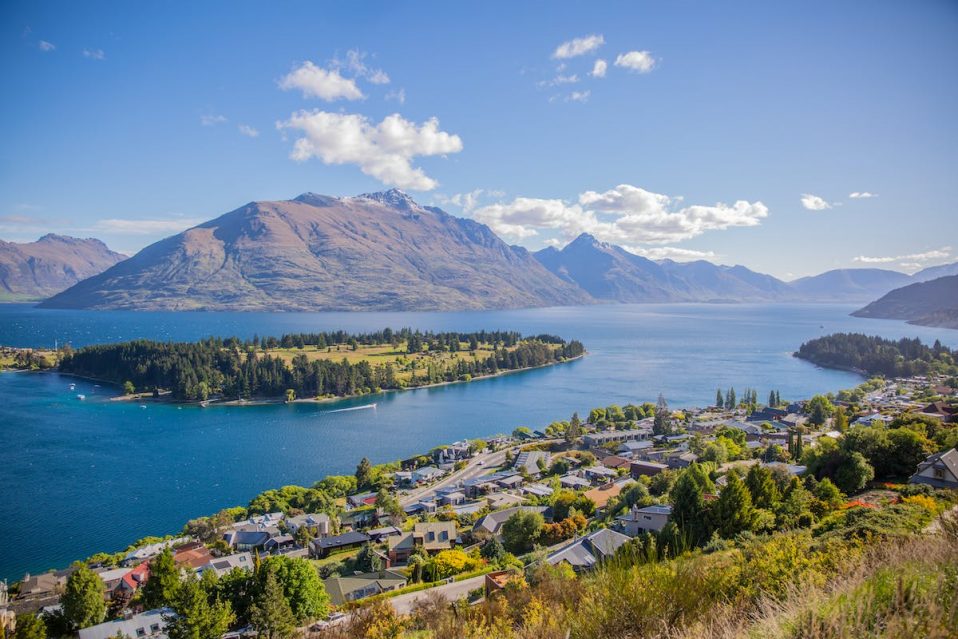The tenth Synod of the Reformed Churches of New Zealand met in Avondale, Auckland, May 8-12, 1967. Readers of publications of our sister Churches around the world may be interested in a few of the main decisions of that week, thus we write these paragraphs.
Re-affirming its whole-hearted support of the R.E.S., Synod not surprisingly, agreed to shoulder its share of the financial burden of this work, and appointed delegates to both the next R.E.S. general meeting in Amsterdam in 1968 and the hoped-for Australasian Regional RE.S. Conference in the same year.
For some time now, our Churches (and others, perhaps) have wondered just how we arc to understand the relationship which exists between our Churches and other denominations sometimes called “sister” Churches, and sometimes, “Churches with whom we have correspondence.” The Synodical and Correspondence Committee, having been charged by the previous Synod to formulate definitions of policy on this matter, brought us the fruit of their labours. They suggested that “sister Churches” be those of LIKE doctrine and practice, while “correspondence relationship” be reserved for Churches of SIMILAR doctrine and practice. In either case, however, the Churches should also have geographical proximity, and/or areas of common concern or co-operation with our Churches. These principles met with Synod’s approval, and at our next Synod, they will have been applied by this committee to existing relations with other Churches, in a detailed and concrete proposal.
After considerable debate, Synod decided with regard to the Report of the Committee on Bible Translation, to erect a standing committee. This committee will co-operate with the Evangelical Bible Translation Committee, and the Committee of the Christian Reformed Church that has been established to seek an improved edition of the Revised Standard Version, as well as investigate the proposed edition of the new American Standard Version. In the meantime, until this standing committee can report progress along these lines, Synod declared it expedient that the Authorized Version be recommended for continued use in the pulpit. and that use of the R S.V. be discouraged.
Synod dealt further with a Constitutional issue, brought on by the submission to the former synod of a gravamen by the Session of the Dunedin Church. In their Gravamen, Dunedin called for the right to hold a different view of the Lord’s Day than that set forth in the Westminster Confession of Faith, Chapter XXI, articles 7 and 8. The Reformed Churches of New Zealand number both the Three Standards of Unity (Belgic Confession, Canons of Dordt, and the Heidelberg Catechism) and The Westminster Confession of Faith as their subordinate standards, as you may know. After lengthy debate, during which it became apparent that no suggested course of action enjoyed the support of the delegates, by and large, Synod determined to undertake a study of the question of the binding of confessions, during the next two years. It was felt that such a study will prove fruitful in bringing the whole matter of the gravamen to a satisfactory conclusion.
The Reformed Churches in The Netherlands (Gereformeerde Kerken in Nederland) had requested our Churches, along with other Sister denominations, to reply to their resolution concerning the place of women in the ministry of the Church. Synod, accordingly, formulated a reply which gave as our opinion that their resolution ought to be reconsidered, stating “that a more exhaustive study of the teaching of the Bible may rather sustain the conclusion that women ought not to be admitted to the special offices of the ministry.” Synod further wrote: “We further believe that any consideration of a break with 20 centuries of practice in the Church Universal requires a far less ambiguous—and more ecumenically agreed—exegesis of the apostolic writings concerning the place of women in Church and society, than is provided in this report.”
Synod approved of the work of the Mission Board in supervising the work of our denomination’s sole missionary (presently!), the Rev. P. Oppelaar, who labors in Taiwan. Furthermore, the Board will now be able to act freely, according to circumstances that arise, in the appointing of a national worker in Taipei, who will be able to carryon the work when the Oppelaars enjoy their first furlough in June or July 1968. Synod also endorsed the support of a Taiwanese student presently enrolled at our Reformed Theological College (Geelong, Victoria, Australia) with a scholarship. In all, our Churches are grateful to God for his continued blessing on this work of spreading the Gospel that he has laid in our hands.
Our Churches are presently engaged in the (long) process or revising our Church Order, and the step taken at this last Synod was to approve of the trial use of the “Proposed Church Order” for the next four years, thereby testing it in practical service. Of course, in cases of difficulty in interpretation of this new set of rules, the original Church Order adopted by our Churches will be authoritative.
In other decisions, Synod endorsed the proposal to seek to place the Back to God Hour broadcast on a N. Z. station; encouraged our Churches’ members to study all aspects of trade unionism; and urged the establishment of a National Union of Christian Schools.
TORCH AND TRUMPET continually attempts in a limited way to strengthen ties which bind Reformed believers throughout the world together. Hence we are pleased to present this brief report of a synodical gathering in New Zealand, prepared by the second clerk, the Thomas E. Tyson.
